Hey guys, I thought it was high time for another quick update on how Play It Safe is coming along. Post production is going very well, and we screened the entire film for some of our core crew members for the first time a few weeks ago. Not only was is very rewarding to be able to show the guys what they've been working so hard on for so long, but it was amazing to get their feedback on how the edit is coming along. Right now, Raechel and I are working hard on our third cut of the film and we'll be testing it on some real audience members (i.e. people who weren't involved in the film's production) for the very first time within the next two weeks!
What To Do When You Can't Get A Good Take
Listening, And Why It's Critical For Filmmakers
Good listening skills are crucial in the film business. In my experience, a good director will spend most of their time listening. During a production you will be listening to questions and thoughts from every department. Good listening skills will not only help you to direct quickly and effectively, but will also enable you to maintain crew morale. It’s one thing to work for nothing because you believe in a project, but it’s another thing entirely to not be paid and then not even be listened to by a director or producer. If I wanted to put up with that then I would go back to working in retail (and then at least I would be getting paid).
The Importance Of Protocol
I never went to film school, so I had to learn all the protocols of filmmaking on my own. I didn’t actually learn some of the basics until about three years into my career as an indie director. By this time I’d already won Best Australian Film at MIAF and been commissioned to direct a short docco for the BBC World Service. But still, I didn’t know the basic protocol of working on a film set. This was because of the way I’d come up - fiercely independent, making up the rules as I went. This approach got me some terrific results, but it also had its limitations.
Inevitably, my (lack of) knowledge was tested, and in quite an embarrassing way. Back in 2008 I had somehow managed to score a roll as First Assistant Director on my friend Alan Lam’s final honours film. I thought I knew enough about filmmaking, indie production, and visual storytelling to be of use, but it was a steep learning curve when it came to working with the crew.
Embracing Limitations
I believe that learning to work within limitations is an incredibly important part of being a filmmaker. On many (if not not all) projects it is simply a requirement. In addition to this, however, I believe that it can actually be a very big help to the creative process. This is something I learned early on in my film career and I still believe it today. Some of my best work has come out of the technical or logistical limitations I had to work with. So with every new project, instead of cursing the limitations and restrictions I face (even though sometimes it’s mighty tempting) I do my best to actually embrace them.
